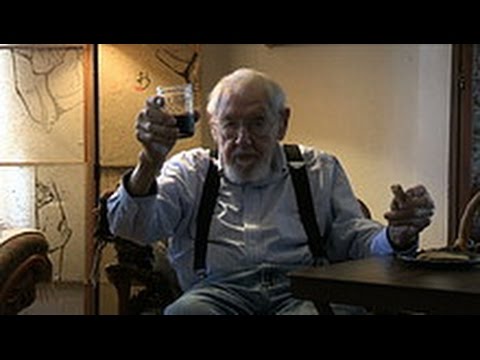In research facilities across the globe, scientists have found a way to extend the life span of a typical laboratory mouse by up to 50%. Could the same result be made possible for humans? Live Long Die Young, produced by the Australia-based ABCTV Catalyst series, explores this intriguing proposition. Which factors ultimately determine our longevity? The answer will likely surprise you, as current revelations in the science of aging fly in the face of much of what we’ve been told for decades. As illustrated in the film, researchers have conducted extensive studies on people who have reached or exceeded a hundred years of age. Each of these subjects differs in regards to lifestyle choices, and diet and exercise routines. In the end, a lifelong smoker or someone who rarely exercises may well defy common medical expectations and live to a ripe old age. Some are even afflicted with extremely rare diseases, but seem to remain protected from the most common causes of death. But how? According to the experts interviewed in the film, the secret likely lies in their cellular code. Right now, they are hard at work trying to detect common variants in their DNA signatures which may help to explain why some push far past the average life expectancy of a westernized human while others do not. The same realm of research is being performed on animals as well. Collectively, their data may unlock of a new evolution in disease prevention. Near the conclusion of the film, host Anja Taylor undergoes a five-day fast which may deliver profound life-enhancing and age-defying benefits. Consisting of soups, teas and extremely small portions, the plan is based on a series of laboratory experiments which have increased the life span of mice by 11%, and decreased their incidents of disease and inflammation. The effects of the fast on insulin and glucose production, weight loss and white blood cell counts are fascinating. Fun and informative, Live Long Die Young makes the case for an area of study that implicates every living creature in the world. We will all die, but the tools to do so gracefully and without disease could well be within our reach.
Live Long Die Young

